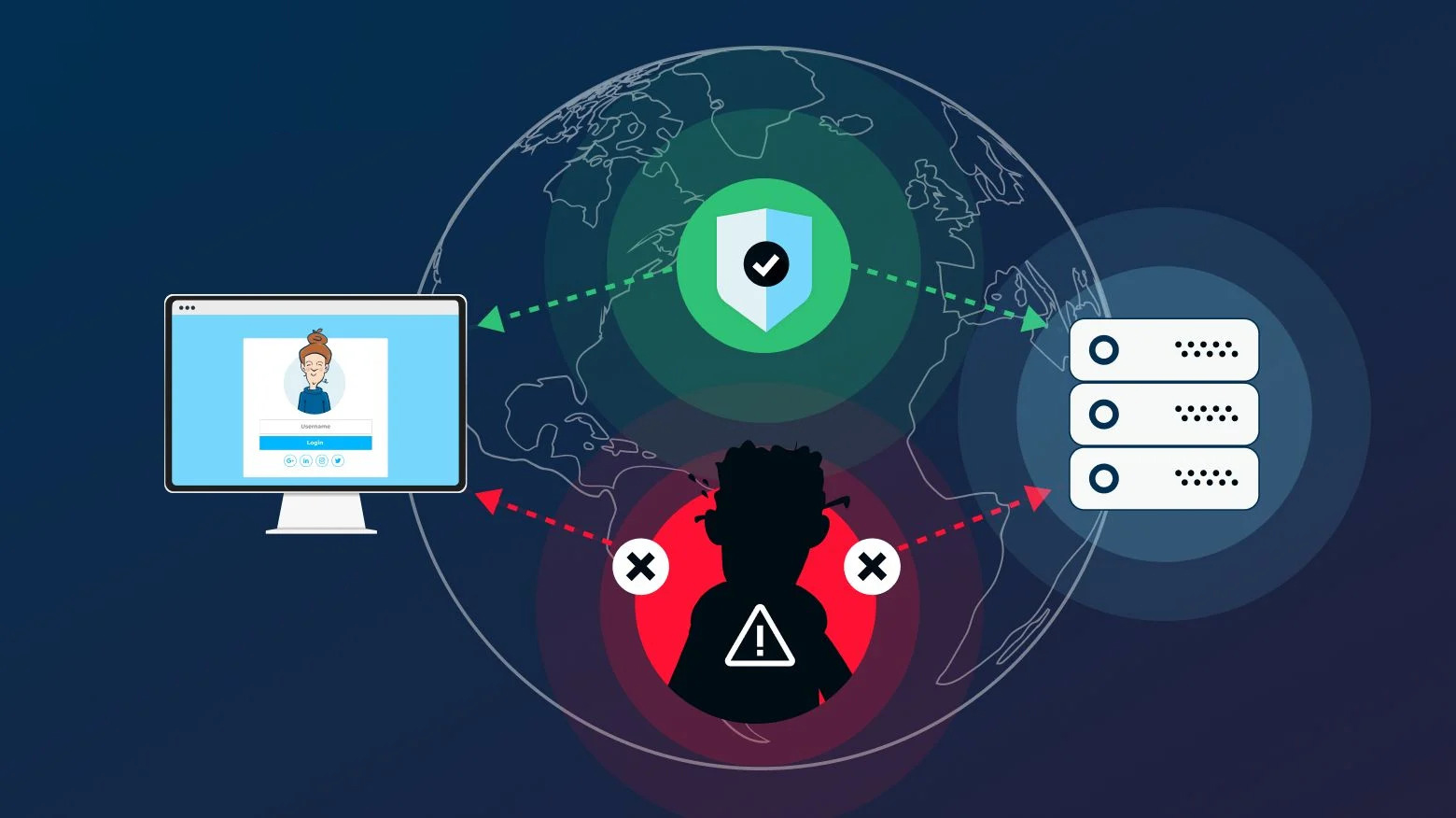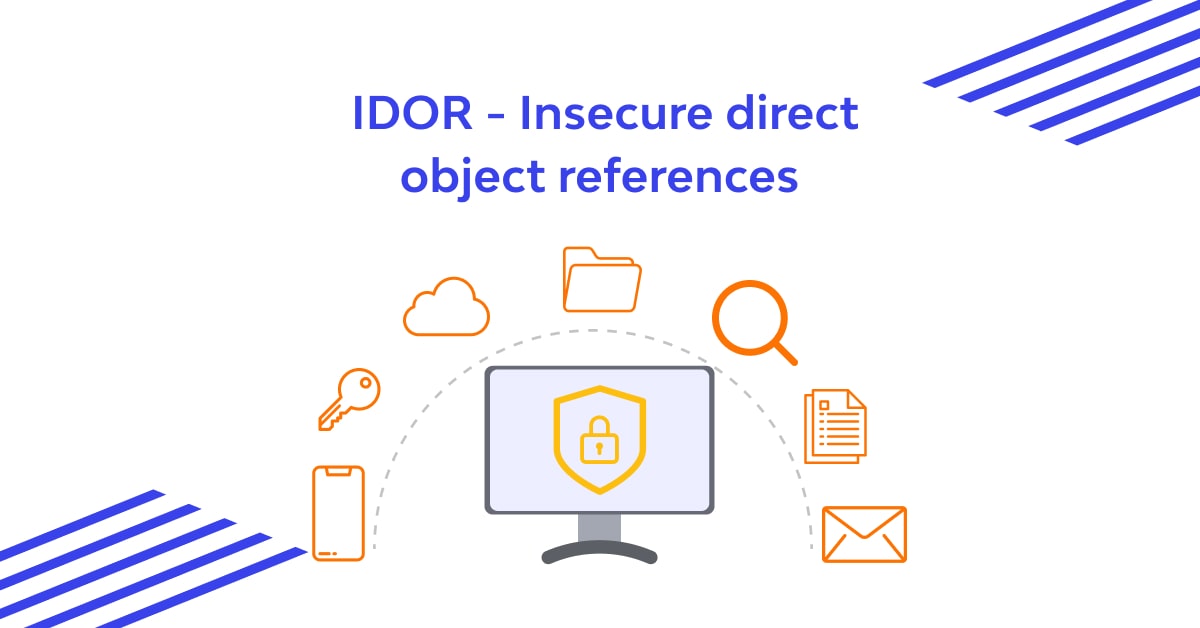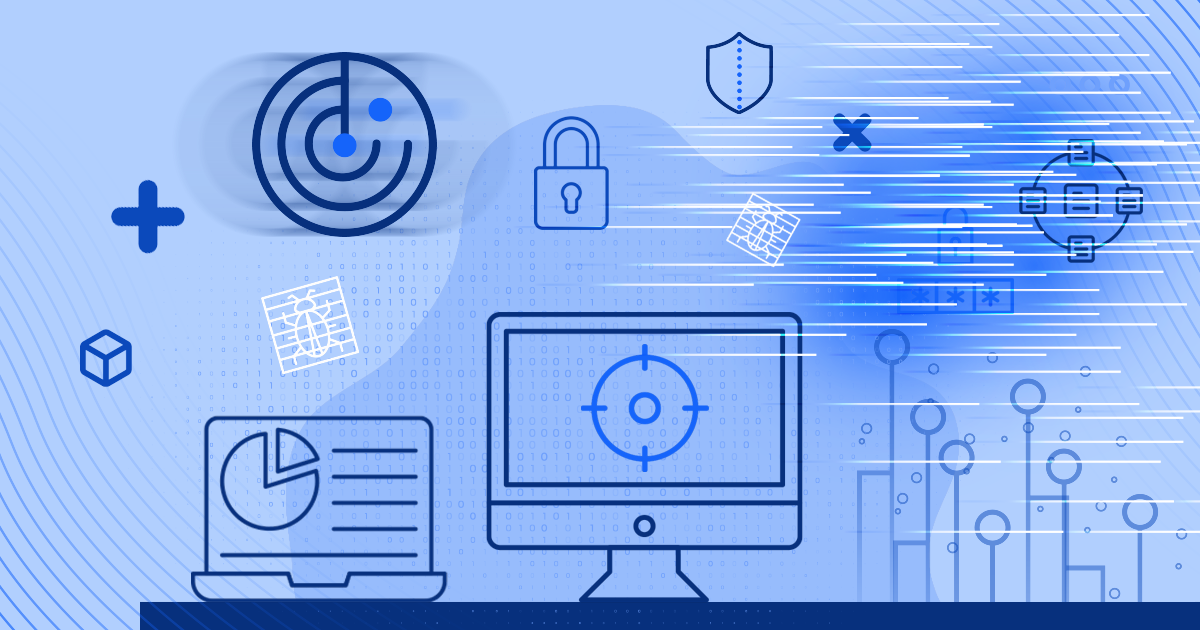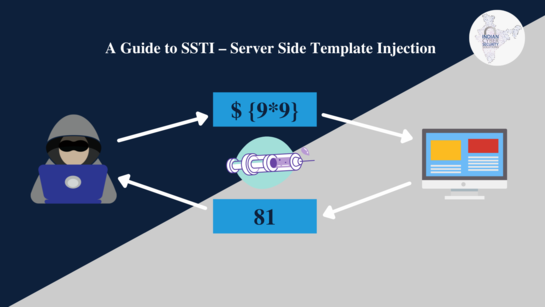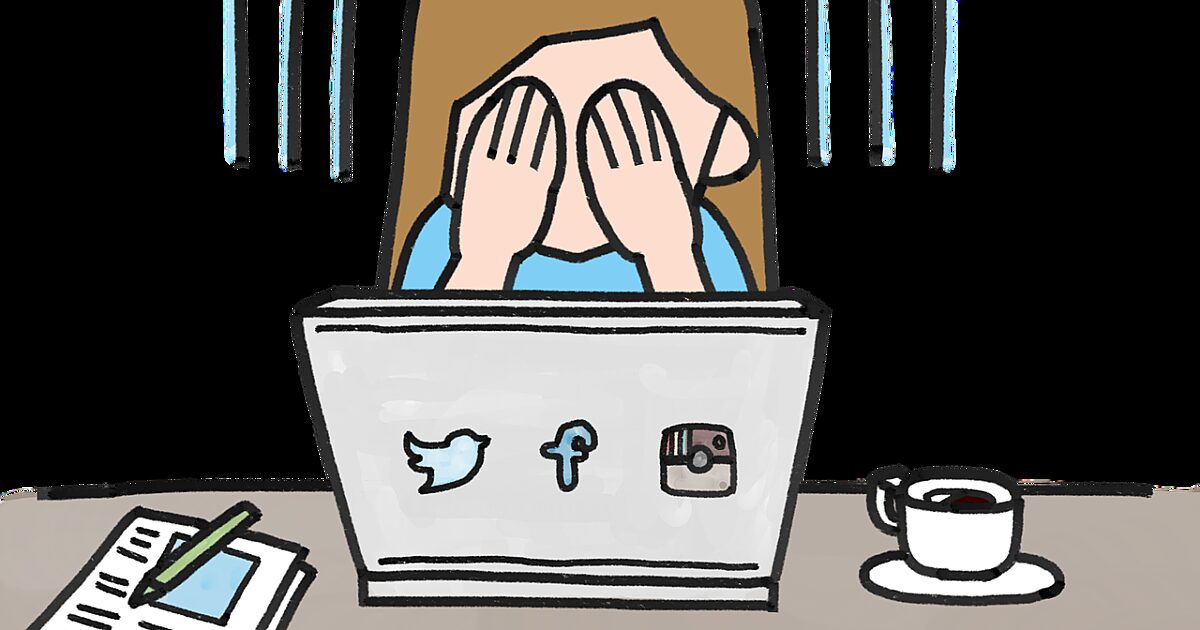
Cyberbullying is a serious problem that can have a devastating impact on its victims. In recent years, there has been a growing awareness of cyberbullying, and many schools and communities are taking steps to prevent it. However, cyberbullying is still a widespread problem, and it is important to know how to protect yourself.
What is Cyberbullying?
Cyberbullying is the use of electronic communication to bully a person, typically by sending messages of an intimidating or threatening nature. It can also involve spreading rumors or posting embarrassing photos or videos online. Cyberbullying can happen anywhere online, including social media, gaming platforms, and text messaging.
The Effects of Cyberbullying
Cyberbullying can have a devastating impact on its victims. It can lead to depression, anxiety, low self-esteem, and even suicide. Victims of cyberbullying may also withdraw from social activities and have difficulty sleeping.
How to Protect Yourself from Cyberbullying
There are a number of things you can do to protect yourself from cyberbullying:
Be aware of the risks: Cyberbullying can happen anywhere online, so it's important to be aware of the risks and to take steps to protect yourself.
Set your privacy settings: Most social media platforms have privacy settings that allow you to control who can see your posts and messages. Make sure to set your privacy settings so that only people you know can see your content.
Be careful what you share online: Don't share personal information online, such as your address, phone number, or school name. This information can be used by bullies to track you down or to target you with their abuse.
Don't respond to cyberbullying: It may be tempting to respond to cyberbullying, but this will only make the situation worse. Bullies want a reaction, so don't give them one.
Block and report cyberbullying: If you are being cyberbullied, you can block the bully and report them to the website or app where the bullying is happening. Most websites and apps have policies against cyberbullying, and they will take action to remove the bullying content and to punish the bully.
Talk to a trusted adult: If you are being cyberbullied, it's important to talk to a trusted adult, such as a parent, teacher, or counselor. They can help you deal with the bullying and can take steps to protect you.
Additional Tips
In addition to the tips above, here are some additional tips to help you protect yourself from cyberbullying:
Be mindful of your online behavior: What you say and do online can have a lasting impact on your reputation. Be careful about what you post, and who you interact with online.
Build strong relationships offline: Having strong relationships with friends and family can help you cope with cyberbullying and provide you with support.
Take care of your mental health: Cyberbullying can be stressful and upsetting. If you are feeling overwhelmed, it is important to take care of your mental health. Talk to a trusted adult or seek professional help if needed.
Getting Help
If you or someone you know is being cyberbullied, please get help. There are many resources available to help victims of cyberbullying, including:
The National Bullying Prevention Center: https://www.pacer.org/bullying/
StopBullying.gov: https://www.stopbullying.gov/
The Cyberbullying Research Center: https://cyberbullying.org/
You are not alone. There is help available.
Conclusion
Cyberbullying is a serious problem, but there are things you can do to protect yourself. By following the tips in this article, you can help to keep yourself safe from cyberbullying.

